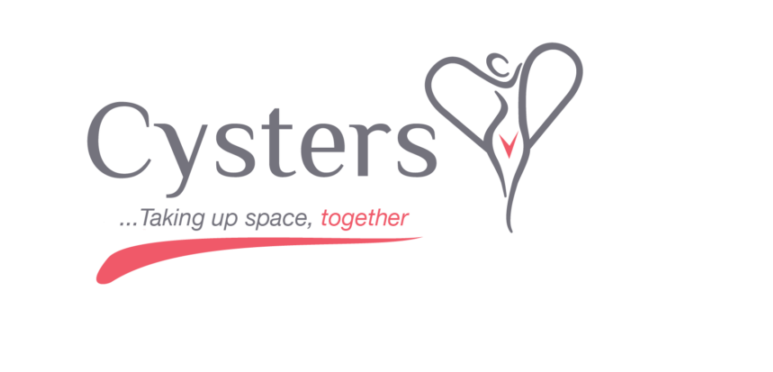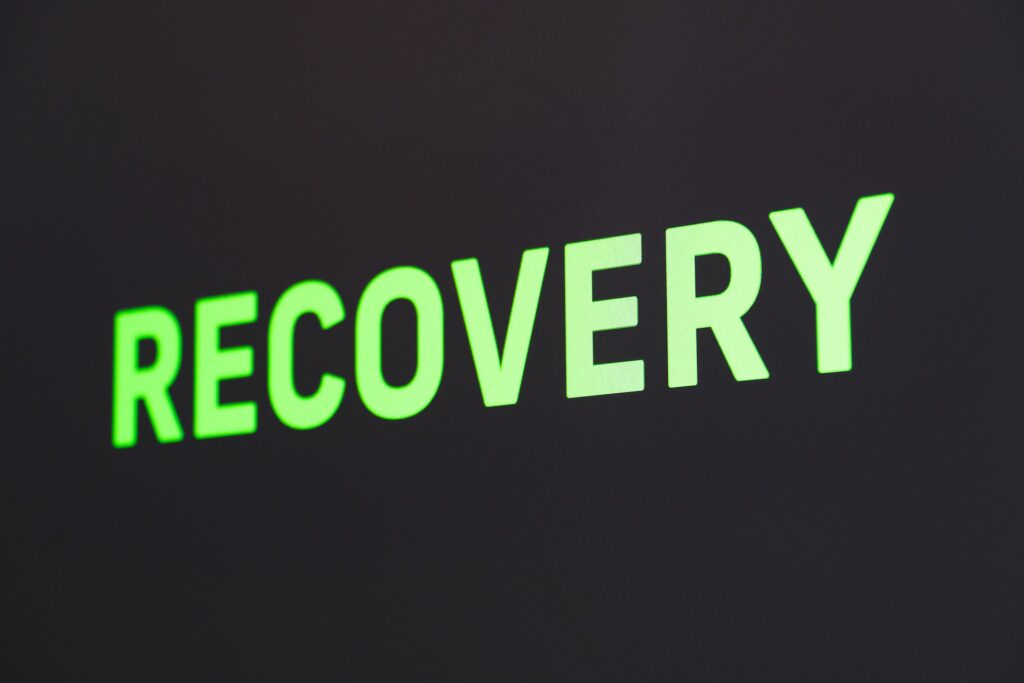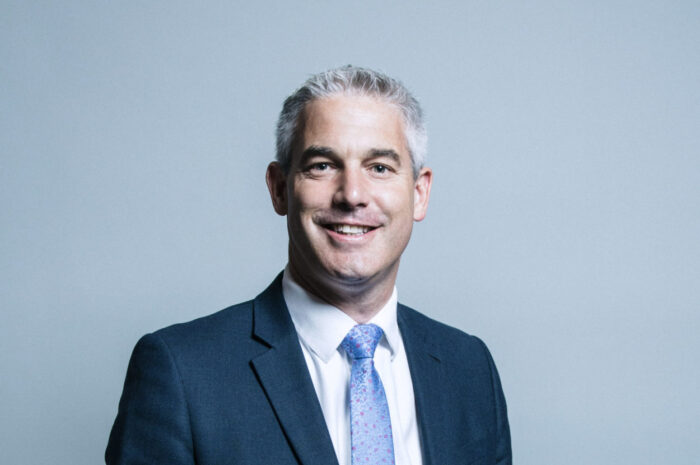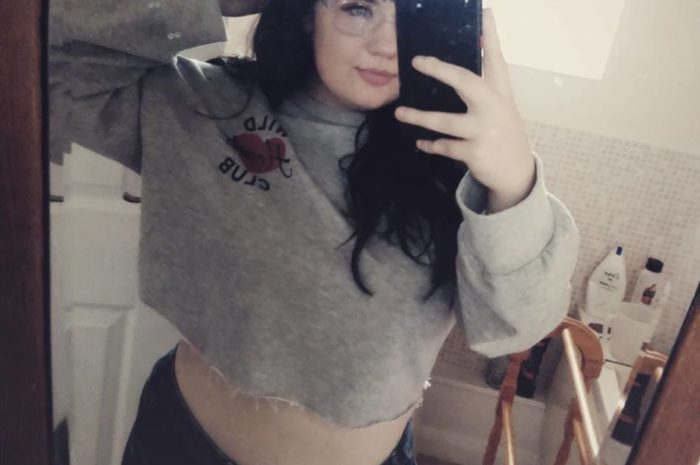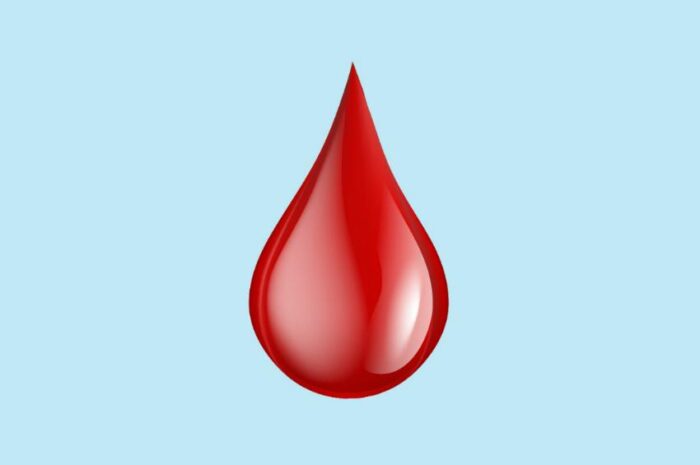So you had surgery and it worked.
SO you had surgery and? it? Worked??
Hidden Ink Child
Did it though?
Really, I do want to know-
Did it work?
is that just it now?
When is it coming back?
How long do I get this time?
What can I do with my life in the indefinite window I have of being relatively pain-free, unsure if this is a honeymoon or a new normal – or both?
My surgeon said earlier this year that I was in a great position, and one of the patients he wasn’t too worried about, because surgery clearly works for me. The inherent meaning to me felt like that means I’d be having repeated surgeries – that there would or could always be more surgeries. I’ve had two, one in 2016, and one just when the rumblings of the pandemic had began to tremble the earth beneath our feet. Back when we were singing happy birthday twice and thinking it might all just blow over. I was lucky to get my surgery before the cancellations began rolling in.
Recovery felt swift, and I had been told my disease was ‘extensive peritoneal’ and had progressed to my ureters and a bit on my bladder, which fit with some of my urinary symptoms. It also had looked on the inside like someone who had gone through menopause. Figures, as I’m on testosterone and hormone blockers, which serve a dual purpose of masculinisation and controlling the Endo (in theory, in practise the Endo was less controllable) and essentially I went through the fun* rollercoaster of a second puberty and menopause at once.
*not in any way fun tbh, but glad to be on the other side
My previous surgery also had a positive effect on my quality of life, but the ovarian cysts I had as a side effect of the Mirena coil put a bit of a downer on the whole thing. I believe the repeated ruptures created an environment for the endo to regrow again, and without the more aggressive management I’m on now, pain returned within a year. I remember how different I felt that year though, recovered from two surgeries for seemingly unrelated conditions, liberated me of two significant sources of severe chronic pain due to the fairly miraculous success of both.
Despite repeated hospitalisations for rupturing and haemorrhaging ovarian cysts, I managed to do so much more with myself and my life in the time I had. I became more productive at work. I decided to change career, move away from the city I lived in, took my first solo holidays, started travelling more, exploring nature more. I started to make the most of living for myself and what I wanted out of my life. I really felt freer than I had ever before, having lived in pain since 13.
So once I’d fully recovered from surgery last year, I found myself using my body in new ways, especially with little else to do during the pandemic. I finally got back into running after being injured a number of years ago. I bloody love running, and Sarah Millicans friendly and encouraging chat in the couch to 5k accompanied me as I pushed myself further. I swam, cycled, ran, walked, and generally enjoyed inhabiting my body for once and being outside.
Simply being in my body became a pleasure, and despite a few asthma attacks, I enjoyed seeing my running progress, and eventually mentioned to my GP that I had considered having a go at a triathlon. He told me that was a brilliant idea and saw no reason not to. I didn’t tell anyone, my propensity towards fear of failure meaning I didn’t want anyone else there to add to any pressure I might put on myself to finish. I looked up the distances different triathlons cover, and realised with surprise that if I could up my running distance to 10k, I was well on my way to olympic triathlon level distances. As soon as that realisation dawned, it stuck in my brain, just as the awe inspiring concept of running, swimming and cycling together in one event had stuck in my brain as a teenager.
So I did it. It took a few months more training, and I just picked a calm evening to have a bash at it and toddled off on my way. I started off at 6pm, on one of the warmest days of the year (so a minimal risk of hypothermia in my non-wetsuited 1.6km swim) and I began to tire mid-40km cycle. By the 10km run, I was in the compartment of my brain which simply switches between “I feel like I’m going to die of an asthma attack, should I call and ambulance?” and “They will just tell you to stop running, and that you probably shouldn’t have done a triathlon in the first place, don’t be an idiot”. So I finished it. In just under 4 hours. When I got home I similarly felt like death warmed up, and for fear of inconveniencing medical services in a pandemic, decided to have a sleep first and figure out if I was on deaths door tomorrow. A relatable experience to many chronically ill folks – deciding whether seeking medical assistance would make you feel better or worse..
There’s definitely something to be said for folks who live or have lived with chronic pain, and ones ability to tolerate enduring discomfort and push on through it.
Despite the fun, I have always a lingering sense of “when will this end though”. When will the pain return? How long have I got? When will the next surgery be? I also have the question of what does this mean for trans masculine bodies? Do the same rules apply? Is this disease going to grow back? Do any of us, cis and trans alike, know why our endo returns? or why it doesn’t?
A year and a half on, I still feel a sense of insecurity in my relative wellness. I’m currently training an assistance dog to help with various elements of other conditions I have, but am well aware I will need him to know how to fetch medication, water and snacks for those times I am crunched up on the floor and can’t move. Will there be any more of those days?
It’s hard to not know. Its hard balancing enjoying what I have now with the fear and uncertainty that it might not be forever, but I’m not sure what a realistic expectation of a timeframe would be to assume it’ll be back. It seems unrealistic to assume I’ll be pain free forever, but a kick in the teeth not to enjoy my pain-free time with anxiety of it returning, when so many are still suffering in pain and wish for the days they have no pain.
I’ll do my best to live in the moment, carefree, but it is hard to forget the trauma of living in pain for so long. It’s hard to let that go. On that note of exiting in this grey space, I’m going to offer some tips of how I’ve come to terms with it (or not):
1. Try not to cram in as much as you can while you can. It definitely feels like you should do everything! Now! While you still can! But it’s never sustainable to do it all, and even when endo isn’t rearing its ugly head, you have to paceyourself to remain well. I trained for the triathlon over time, as my body allowed, while I was still enjoying myself, and while I didn’t have any other serious commitments to be concentrating on.
2. Don’t make plans too far in advance. That time frame might be different for different activities, or different people. Sometimes I’m working towards projects, and I still feel like it’s a risk to book a holiday (!), so I tend to give myself permission not to make too many advance plans. It’s OK not to. A week-ish is about what I feel comfortable with. Living a little more in the moment and not giving myself too much anxiety about Big Things has helped me plod through and enjoy some more moments with my dog, my friends, swimming in the sea.
3. Try not to dwell on the ‘what if?’. It might come back someday. It might not. I try to leave my thought process of ‘but what if..?’ at that – because I honestly have no way of knowing. I hope you’re supported by a great medical team, and I know I’m very lucky to be – so if that day comes, I know where I need to go.
4. It’s OK to be scared about it coming back someday. It’s OK to be scared you might be in pain again. But you survived it once, possibly multiple times, and you’re made of strong stuff. No-one should have to be in pain. It’s OK to be afraid, but if that fear paralyses you, have a chat to your team or doctor. You deserve to enjoy living.
5. Lastly, if you have the means, buy that thing that would just make your life easier or make something accessible to you. Not only has my very recent purchase of a robotic vacuum cleaner vastly improved my quality of life, it has helped me accept there are things I just need help with or aren’t particularly accessible to me for whatever reason, even without crippling endo pain. Reasonable adjustments are cool, and vacuuming my flat to keep it clean is now accessible to me because I just get Hippobotomus to do it for me 😀
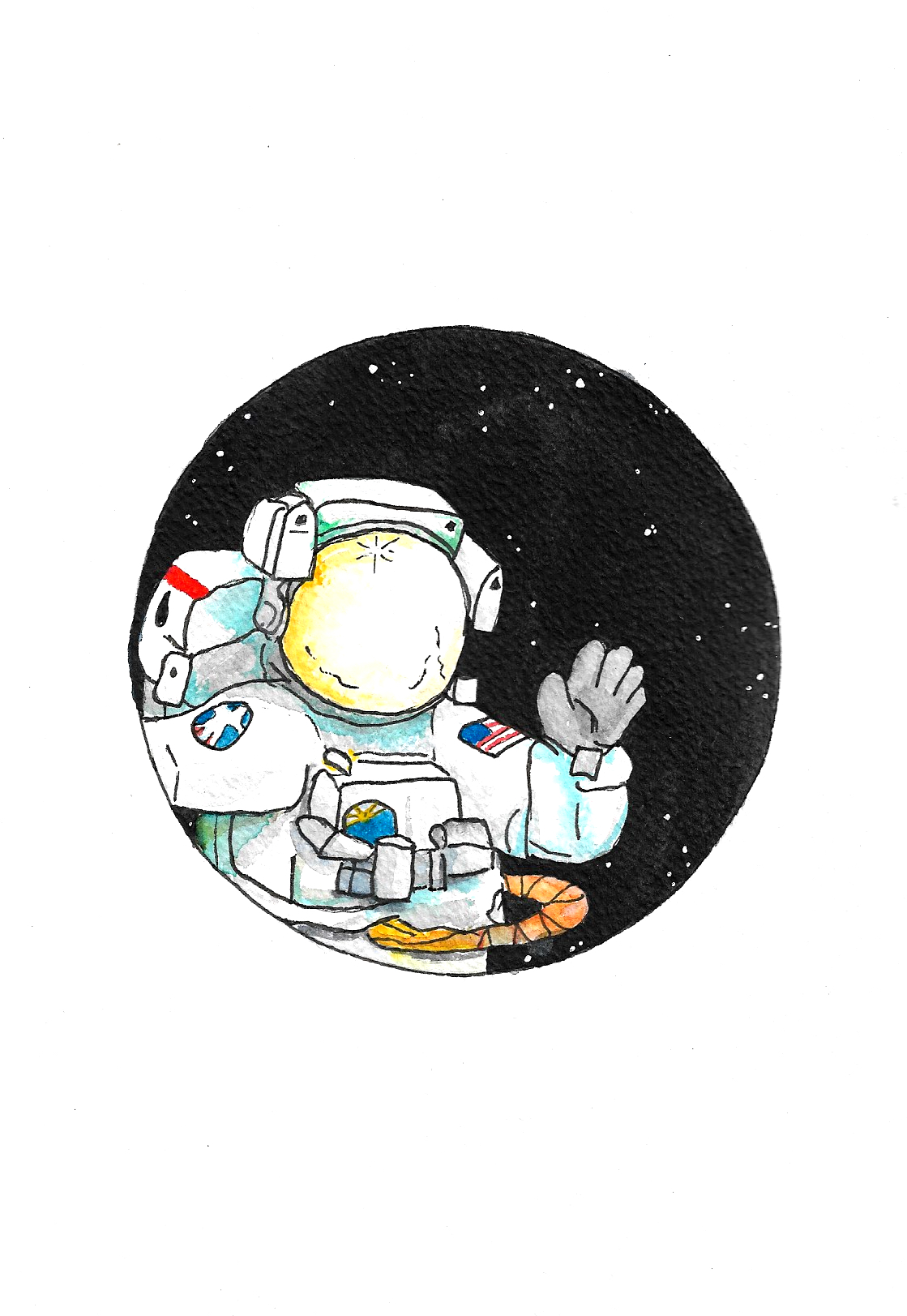
Hidden Ink Child is a self-taught artist, poet, author, photographer and zine maker. They create and have featured in multiple zines & publications, and they have exhibited film, installation and printed work at exhibitions relating to mental health since 2017. They spend their spare time training their assistance dog prospect or swimming in the sea and can be found on Instagram @hiddeninkchild.
